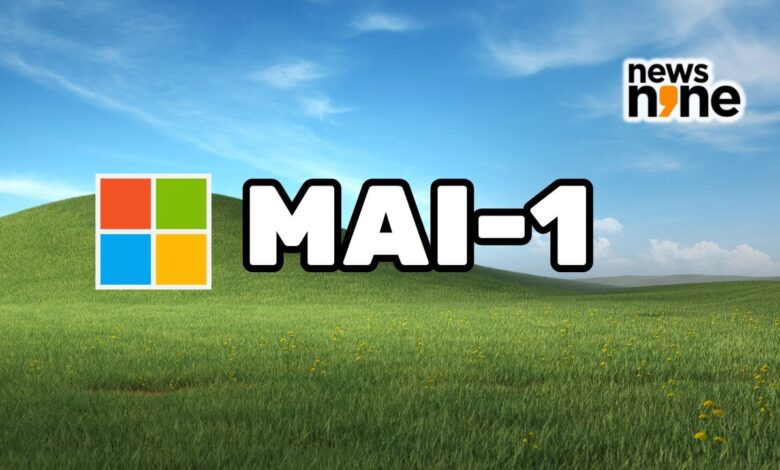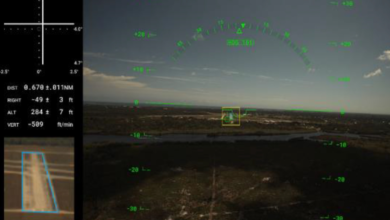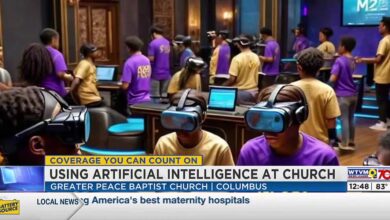Microsoft’s MAI-1: The Next Big Thing in Artificial Intelligence | Tech News

Aiming for self reliance, read on to know more about Microsoft’s strategic move into independent AI development with the MAI-1 model. Under the leadership of Mustafa Suleyman, this project aims to position Microsoft as a leader in AI, with further details anticipated at the Build conference.
Microsoft’s MAI-1: A Fresh Take on Artificial Intelligence
Key Highlights
- Microsoft develops its own AI model, MAI-1, marking a pivotal shift towards AI self-reliance.
- The MAI-1 project is spearheaded by AI veteran Mustafa Suleyman, aiming to surpass competitors like Meta and Mistral.
- Details about the MAI-1 model expected to be a highlight at Microsoft’s upcoming Build conference.
Microsoft is stepping up its game in the artificial intelligence sector with a new in-house project, the MAI-1 model. This initiative marks a significant move by Microsoft to establish its prowess in AI, independently from its collaborations with OpenAI. With the AI race heating up, Microsoft’s development of MAI-1 could reshape its role and reputation in the technology world.
Who is behind Microsoft’s MAI-1?
The MAI-1 project is under the guidance of Mustafa Suleyman, a prominent figure in AI, who co-founded Google’s DeepMind and later led his own startup, Inflection AI. Now at Microsoft, Suleyman’s experience is expected to drive significant advancements in Microsoft’s AI capabilities. The MAI-1 is poised to be a large language model, potentially surpassing those developed by other tech giants like Meta and Mistral in terms of size and complexity.
Training Microsoft’s MAI-1
Microsoft plans to train MAI-1 using a vast dataset that includes inputs from ChatGPT as well as public web information and possibly data from Inflection’s previous models. This diverse data foundation is crucial for training a robust AI model that can handle a wide range of tasks and queries, from simple requests to complex computational problems.
Microsoft’s Multi-Pronged AI Strategy
Apart from MAI-1, Microsoft is also working on smaller, less complex models tailored for smartphone applications. This dual approach indicates Microsoft’s commitment to catering to both high-end computational needs and everyday consumer applications, ensuring versatility in its AI offerings.
The Future of Microsoft’s AI
While the full capabilities of MAI-1 are yet to be unveiled, the tech community is eagerly awaiting more details, which are expected to be shared at Microsoft’s upcoming Build conference in Seattle. This event will likely serve as a platform for Microsoft to showcase its advancements in AI and set the stage for future innovations.
Follow us on social media



